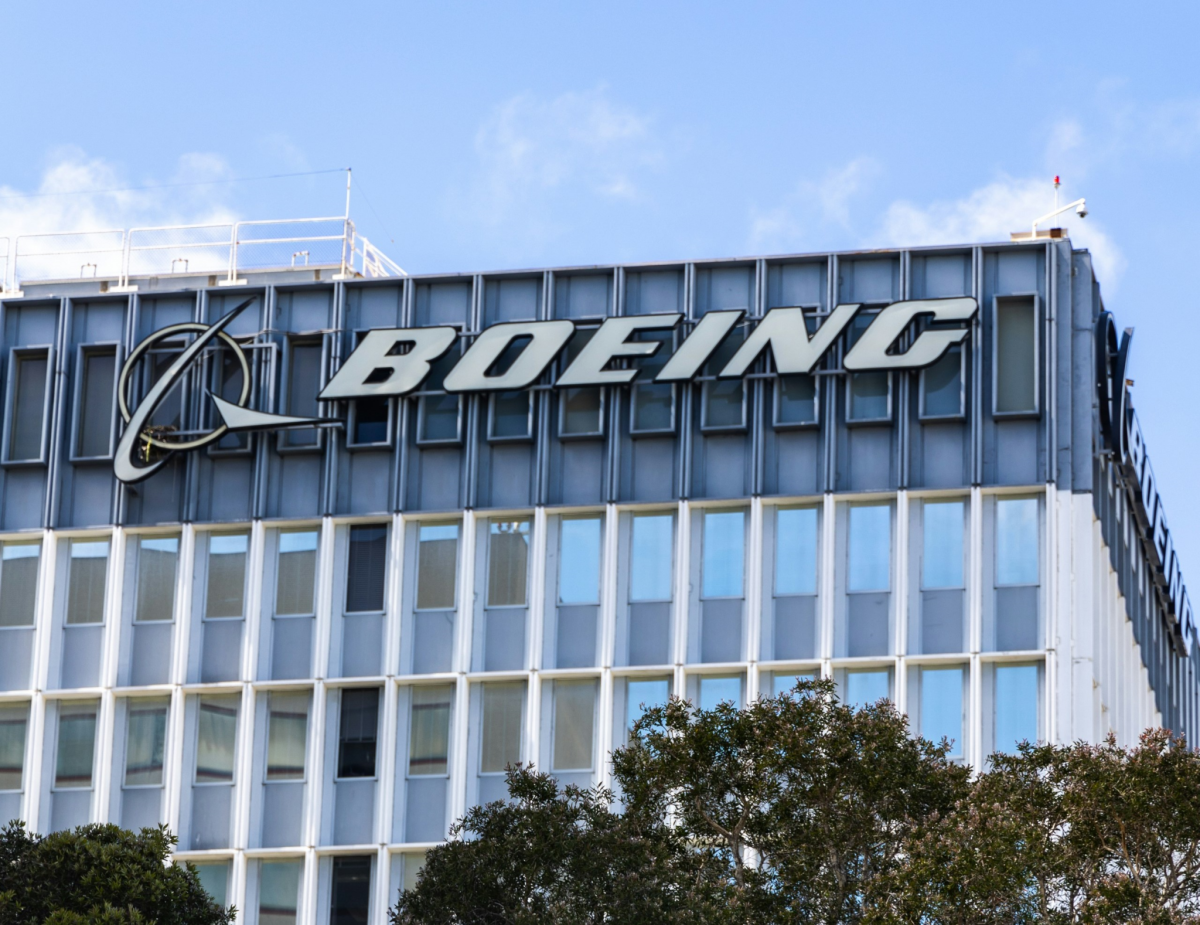Boeing to Plead Guilty to Criminal Fraud Charge in 737 Max Probe

Skift Take
Boeing has agreed to plead guilty to misleading U.S. safety regulators. According to a court filing, the plane-maker will formally acknowledge guilt and accept additional punishment due to its recent actions. These center on dealings with the Federal Aviation Administration (FAA) following fatal crashes involving the company’s 737 Max aircraft in 2018 and 2019.
By pleading guilty, Boeing will avoid a potentially lengthy and reputationally damaging criminal trial. However, the decision is not without risks of its own. By accepting a guilty plea, Boeing will become a convicted felon.
This is significant as the U.S. government typicall

